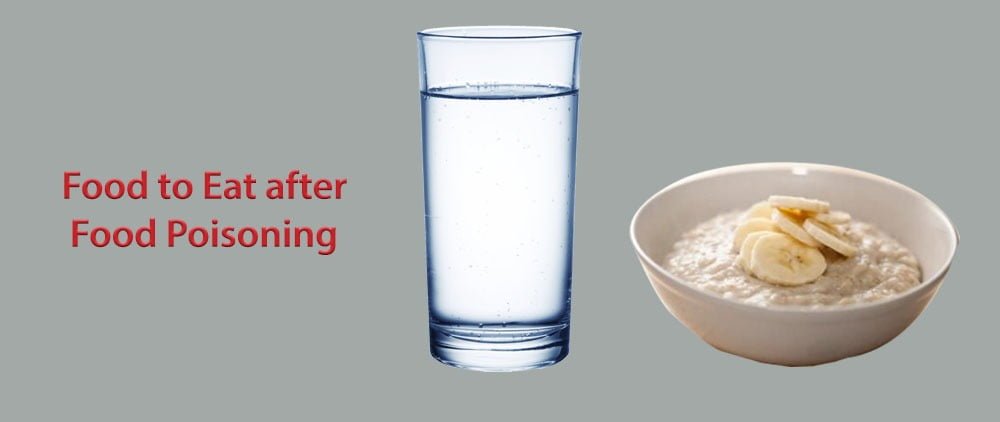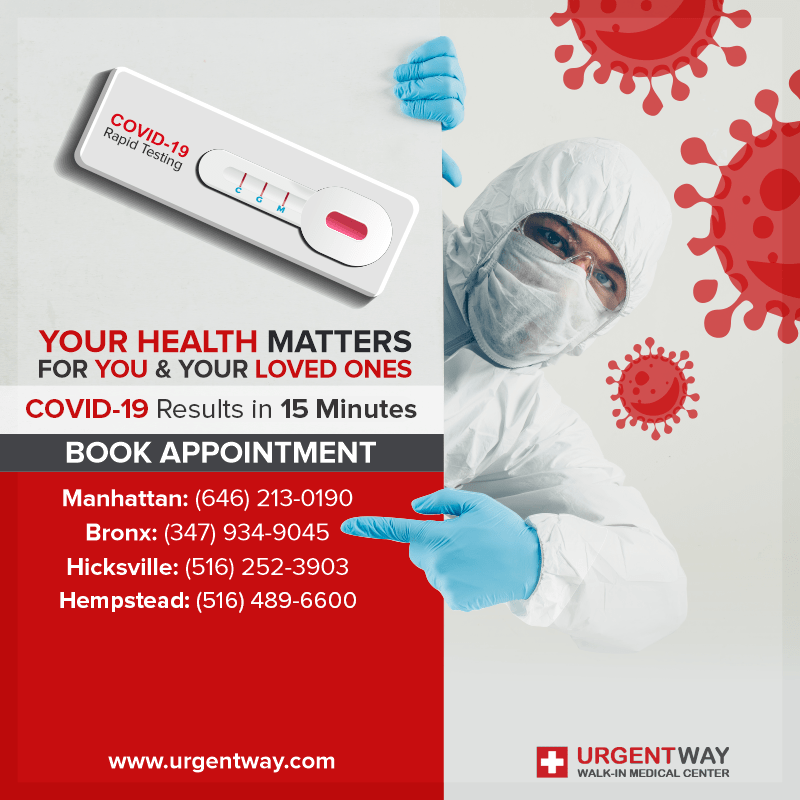Food poisoning is caused by eating toxic, contaminated, or spoiled food. The most common cause of food poisoning includes diarrhea, nausea, and vomiting. Symptoms include abdominal pain, loss of appetite, nausea, weakness, fatigue, fever, diarrhea, and vomiting.
Food poisoning can affect an individual or group of people who are exposed to contaminated food. It all depends on how the food was consumed. Moreover, it also depends on how sensitive you are to toxins or germs.
There are more than 250 types of food poisoning. However, the duration of the food poisoning may differ depending on the severity of the symptoms, how much you ingested, and what substance caused the contamination.
Who is at Higher Risk?
Infants and Kids
Food poisoning is common in adults and children, but it should be taken seriously. Kids under 1 year are prone to botulism. It is very rare but can lead to paralysis or death. Children are also vulnerable to serious reactions to the E.coli bacteria. Children become more dehydrated as compared to adults and need to be monitored closely.
Pregnant Women
Extra caution should be taken when it comes to food poisoning in pregnant women. It is important for pregnant women to maintain nutrition to ensure the proper development of the baby. Food poisoning should be immediately reported to the medical professional for extra measures.
Older Adults
Older adults are vulnerable to complications from food poisoning. An adult over 60 years have symptoms of food poisoning, it is important to visit the Urgent Care Center for immediate treatment and checkup.
People with chronic conditions
People suffering from chronic diseases like diabetes, HIV, or liver disease are at higher risk of experiencing serious complications. You are even at higher risk if you are receiving treatments that quash your immune response.
What to do After Food Poisoning?
Allow your stomach to settle and rest after a volatile attack of food poisoning. In short, you should avoid food and drink for a few hours.
Make Sure to Stay Hydrated
Liquid ingestion is vital for your body to fight food poisoning effects. Vomiting and diarrhea can cause severe dehydration. It is good to take small sips of water or suck ice chips.
Sports drinks contain electrolytes and allow to prevent dehydration. Other liquids such as decaffeinated tea, vegetable or chicken broth, and clear sodas are also best after food poisoning.
Eat Bland Food
After you have recovered from food poisoning and feel that you are able to hold down food, make sure to eat light and soft food that are gentle on your stomach. Stick to low-finer, bland and low-fat foods. Eating fatty food is harder to digest and may upset your stomach.
You can eat foods like egg whites, bananas, rice, oatmeal, cereal, toast, and peanut butter.
Try natural remedies
During food poisoning, it is important to follow the natural reaction to clean the digestive tract in order to eliminate harmful bacteria. Over-the-counter medication is not at all good for treating food poisoning.
When your food poisoning is at its peak, make sure to drink ginger tea because ginger is good for the stomach.


